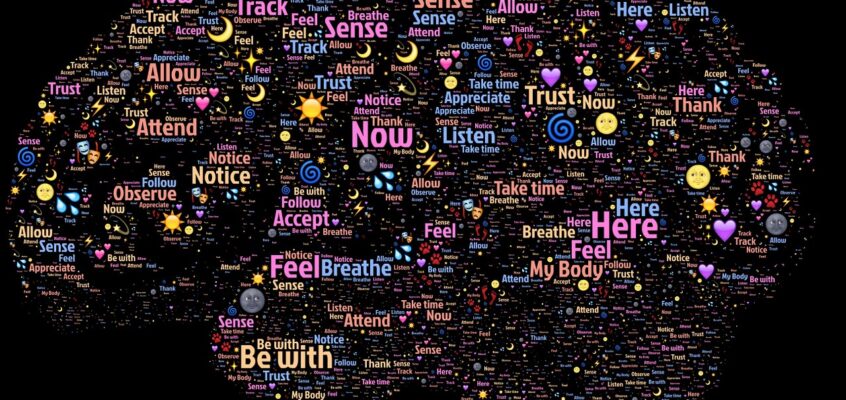Heading to College with ADHD
The transition from high school to college can be difficult if you have ADHD. There are more distractions, more to manage in the daily routine in terms of classes and social life, a more challenging academic environment, and less day-to-day support from parents. These factors can combine to make college a struggle and academic success less certain. Here are some things you can do to improve your odds of a successful start to college if you have ADHD.












